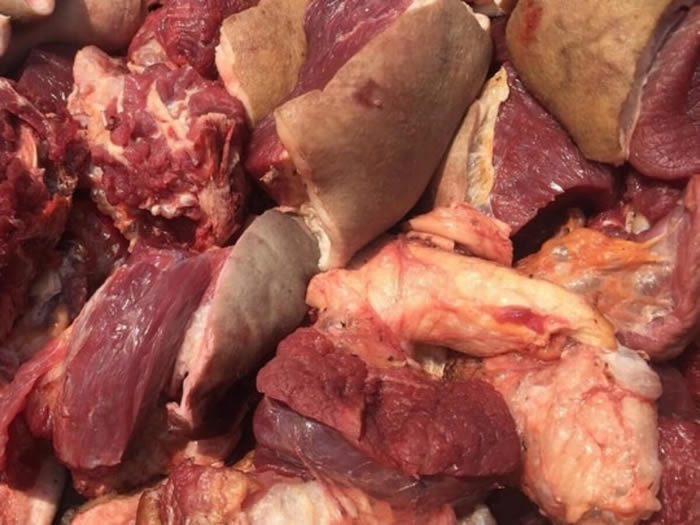Stop Medicine Peddlers From Selling In Buses, Lorry Parks — Deputy Minister Of Health
- Home
- Stop Medicine Peddlers From Selling In Buses, Lorry Parks — Deputy Minister Of Health

Stop Medicine Peddlers From Selling In Buses, Lorry Parks — Deputy Minister Of Health
A Deputy Minister of Health, Mr Alexandra Abban, has urged the country’s transport unions to stop medicine peddlers from using their buses and lorry parks to sell medicine illegally.
He said it was time stakeholders in the pharmaceutical industry engaged the major unions, particularly the Ghana Private Road Transport Union (GPRTU) and the Progressive Transport Owners Association (PROTOA) to deal with the menace which, he said, was a public health concern.
According to the deputy minister, it was common to see people advertising the potency of certain drugs in vehicles and it appears it is some kind of unofficial collaboration between the GPRTU and medicine peddlers.
“If you go to the lorry terminal, immediately the bus is full, you will realise that the driver has already made accommodation for a peddler to sell their medication from one end of a journey to a certain stretch,” the deputy minister said at the launch of this year’s World Pharmacists Day in Accra.
“People take these medications without seeking proper advice and when there are side effects, your guess is as good as mine. It is the Food and Drugs Authority (FDA) which regulates these things. The FDA does its best to ensure that the drugs that enter the country are of good quality and fit for the purpose,” he said.
Peddlers of medicine are doing brisk business in some markets and lorry parks
He, however, noted that unfortunately, for market surveillance, the regulator’s best was not enough, a situation that was compounded by challenges including medicines coming into the country through unapproved routes.
He said the ministry was willing to engage the leadership of the unions which controlled and regulated buses at most terminals to get rid of drug sellers from their buses.
“We may look at this as the first step to eliminating them from the markets,” he noted.
Mr Abban stated that part of the solution was mass education because if the peddlers did not have people who were ready to “ attentively listen to them and buy in the vehicle, it would have ceased. For as long as that market is there, they will continue.”
He also said while the ministry would take up the challenge to stop the phenomenon, it was important for the public to desist from patronising such drugs.
Hot spots
Across the country, peddlers of medicine are doing brisk business in some markets and lorry parks in Accra, selling medicines that even chemical sellers by law are not permitted to dispense.
The Mirror has observed that the activity is prevalent at the Kaneshie, Agbobloshie, Makola, Kantamanto and Okaishie markets and some lorry parks and streets in the capital, including the Kwame Nkrumah Interchange area and the Tema Station.
They also ply their trade at major lorry parks in all the regional capitals.
The peddlers sell medicines such as Tramadol, Cytotec, Dexacorten, painkillers, steroids, multivitamins, aphrodisiacs, butt enlargement pills, among others that are packaged in transparent plastic bags and carried around in baskets.
The occasional market surveillance by the FDA is not enough
Some of the drugs such as Tramadol, Dexacorten and Cytotec, fall under the Food and Drugs Authority’s (FDA’s) category of medicines that are to be sold on prescription.
Aside from that, the peddling of medicine contravenes Section 110 of the Health Professions Regulatory Bodies Act, 2013 (Act 857).
Pharmaceutical Society
Meanwhile, the Pharmaceutical Society of Ghana is asking the government to expand the list of medicines that can be produced locally as part of measures to increase access to drugs and ease the pressure on the cedis.
“We live in a competitive world where every business is allowed to thrive, however, we recognise the need for the government to continue a deliberate national policy to promote local manufacturing of pharmaceuticals,” the Vice- President of the Society, Ms Yvonne Esseku, said.
While commending the government’s decision to restrict 49 drugs from being imported but reserved for local manufacturing, she said there was the need to strategically invest in the local pharmaceutical manufacturing space.
Source: graphic.com.gh/mirror
- Share
Classic Ghana
Classic Ghana brings you into a fun world of arts, entertainment, fashion, beauty, photography, culture and all things in between. Let’s explore these together!







